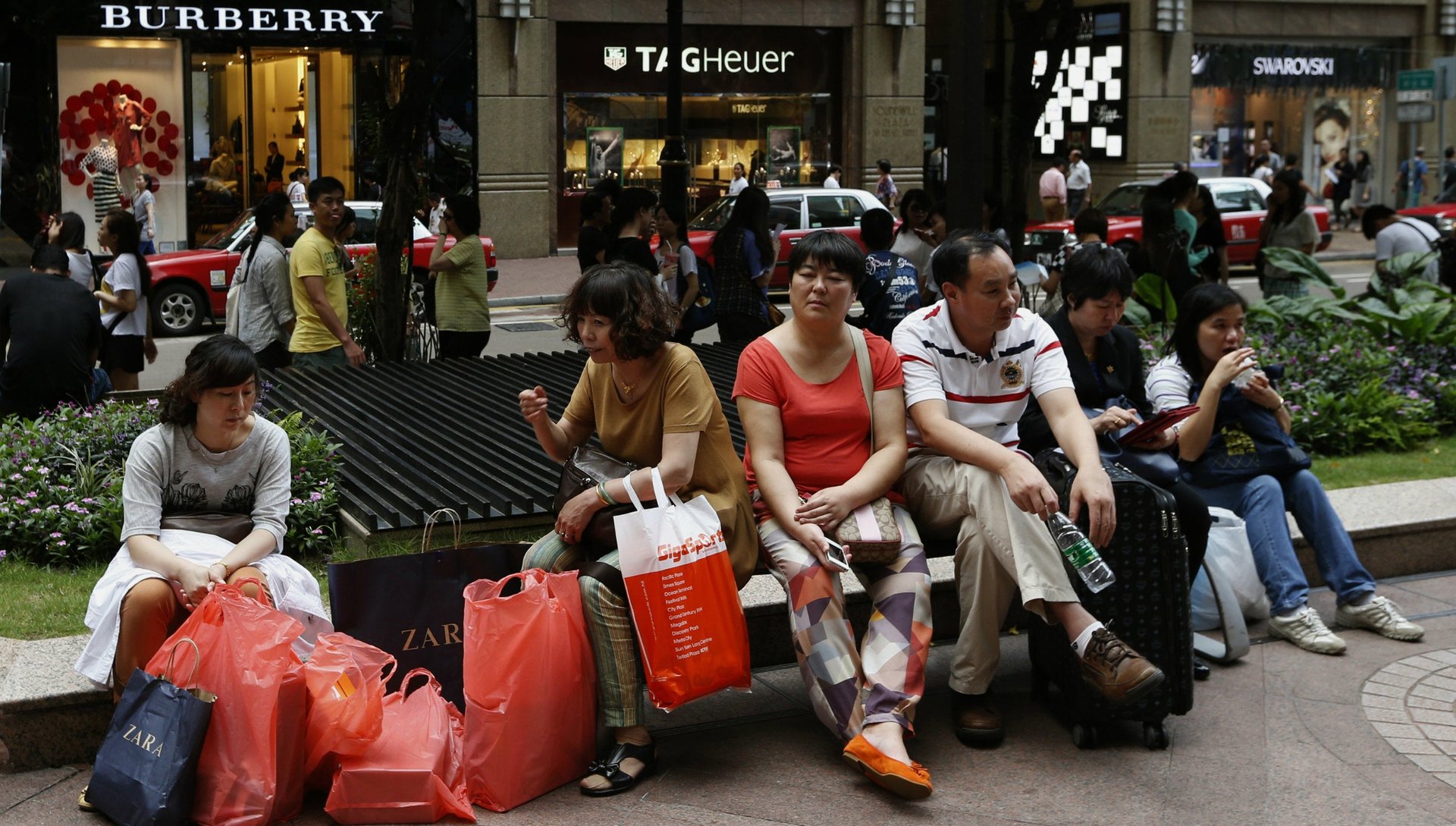What trade war? Alibaba splurges $2 billion on a rival that sells foreign goods
Alibaba is spending $2 billion to acquire its largest rival in online sales of imported goods, a sign of its confidence in China’s desire for stuff from abroad in spite of a slowing economy and the ongoing trade fight between China and the US.


Alibaba is spending $2 billion to acquire its largest rival in online sales of imported goods, a sign of its confidence in China’s desire for stuff from abroad in spite of a slowing economy and the ongoing trade fight between China and the US.
The deal, announced today (Sept. 6) and still to be finalized, would see China’s largest e-commerce company, whose business empire stretches from mobile payments to entertainment, monopolize the country’s online cross-border sales. The first six months of the year saw Kaola, owned by gaming giant NetEase, leading the segment with close to a 28% share, while Tmall followed closely with 25%, according to iiMedia Research (in Chinese). The two far outstrip rivals such as JD.com’s imported goods channel JD Worldwide and Amazon China.
The acquisition is expected to diversify Tmall’s business model, which largely involves inviting foreign brands to launch online shops on its site, while Kaola for the most part purchases a variety of goods directly from foreign merchants in bulk and then resells them to Chinese consumers.
Under the deal, Kaola will remain an independent brand, but with a new CEO assigned by Alibaba, according to a joint statement. The sale of Kaola will allow Netease to focus on sharpening its competitive edge in other areas such as streaming music and gaming, in which the company competes fiercely with another Chinese tech giant, Tencent. The deal is also expected to help Alibaba enhance its strength in e-commerce as aggressive new entrants, such as Pinduoduo, rise.
With China’s rising disposable income and deep-seated distrust toward local brands in key segments, such as food and baby products, the country’s demand for foreign goods has been growing at a rapid pace.
Despite calls from internet users, and sometimes from Chinese media, for people to boycott foreign goods over political issues like the trade war, China remains the third-largest market for US goods and services exports, according to the US-China Business Council. US pop culture and sports are very popular in China, with nearly half a billion people in China watched NBA’s latest season, and Chinese audiences turning many Hollywood franchises into blockbuster hits.